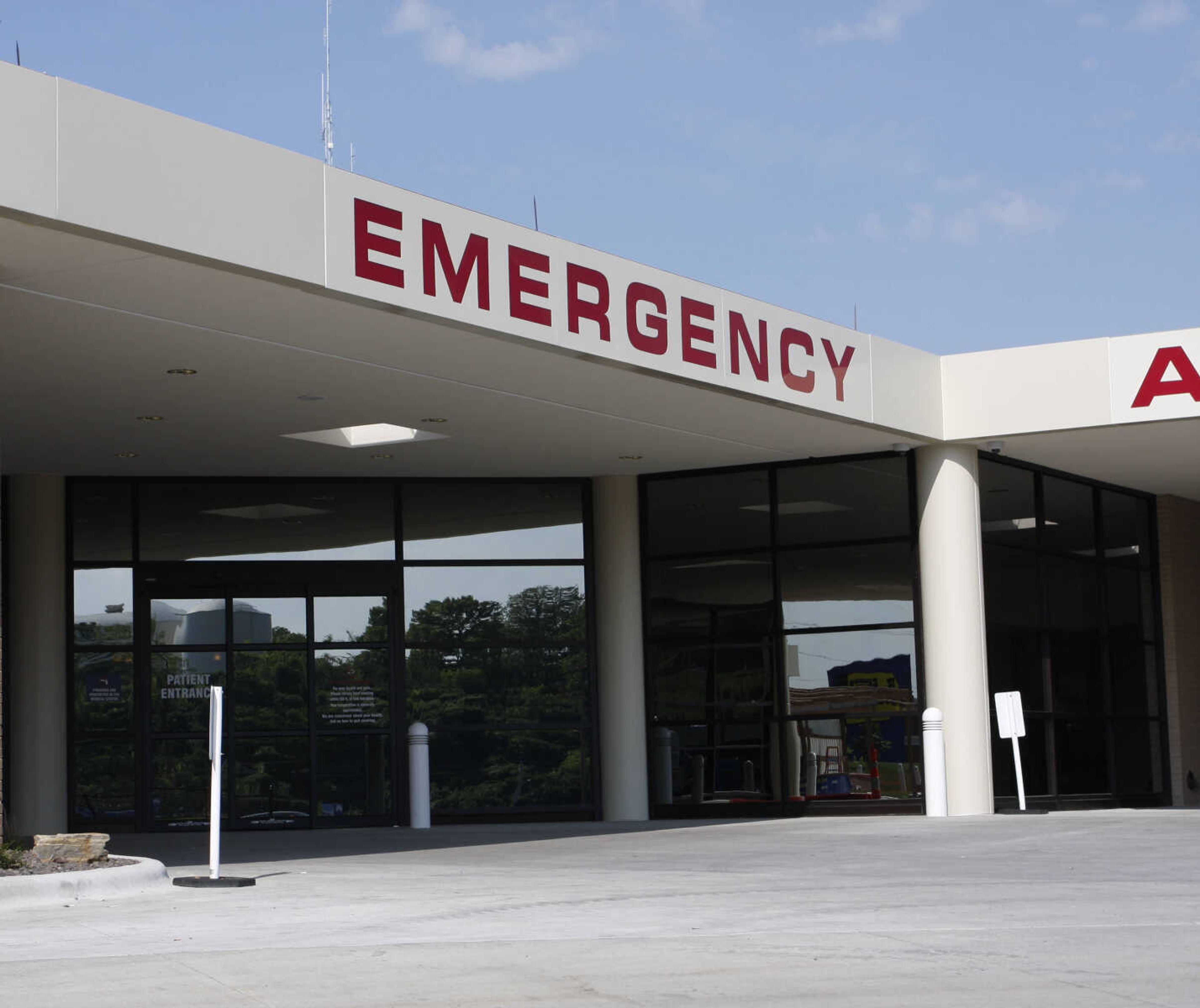It�s an Emergency! Or is it?
When you�re experiencing a life-threatening condition, such as chest pains, a head injury or severe bleeding, the Emergency Department at Saint Francis Medical Center is your best option for medical care. However, if your situation is non-life-threating, such as a sprained ankle or a sore throat, you could save time and money by going to your primary care physician or an urgent care center...
When you�re experiencing a life-threatening condition, such as chest pains, a head injury or severe bleeding, the Emergency Department at Saint Francis Medical Center is your best option for medical care. However, if your situation is non-life-threating, such as a sprained ankle or a sore throat, you could save time and money by going to your primary care physician or an urgent care center.
Emergency departments are often filled with people whose problems could be handled in an urgent care center. The National Hospital Ambulatory Medical Survey estimates that one-third to one-half of all emergency room visits are for nonurgent care. This puts emergency departments under tremendous strain and limits their ability to quickly attend to real medical emergencies. Since Saint Francis Medical Center�s Emergency and Trauma Center is the only state-designated Level III Emergency and Trauma Center in southeast Missouri, it is important to know the type of medical attention that is needed.
Choosing an urgent care facility could save you time and money and keep the emergency departments free to handle more serious situations. Saint Francis has four locations to offer better convenient care to our employees, their families and our service region.
Here are some basic differences between urgent care and the Emergency Department:
Urgent care centers are a good choice when you need medical care quickly, but cannot see your primary care physician. They typically are freestanding, walk-in medical facilities that provide care on a nonappointment basis and are often open for extended hours, including nights and weekends. Urgent care centers are a cost-effective alternative to emergency department for the treatment of non-life-threating conditions.
Staffed by physicians, nurse practitioners and fully trained assistants, most urgent cares provide basic lab work, diagnostic tests and imaging, and dispense medications. They are not equipped, however, to handle major traumas or conditions.
Emergency departments are necessary when someone is suffering from a life- or limb-threating medical condition, severe abdominal pain, or symptoms of a heart attack or stroke and trauma. They are open 24/7 year-round. Emergency departments specialize in managing catastrophic illnesses and injuries, and serve as the gateway to a hospital�s full range of services.
If your condition is non-life-threatening, you could wait longer in an emergency department than at an urgent care center because emergency rooms treat patients with the most serious conditions first.
__Emergency Room vs. Urgent Care__
__Emergency Room__
� Chest pain or pressure in the chest
� Coughing or vomiting blood
� Difficulty breathing or shortness of breath
� Head injury/major trauma
� Loss of consciousness
� Major burns
� Overdose
� Severe abdominal pain
� Severe or persistent vomiting or diarrhea
� Spinal injuries
� Sudden dizziness, weakness or changes in vision
� Uncontrolled bleeding
__Urgent Care__
� Allergies or mild asthma attacks
� Animal/insect bites
� Broken bones
� Sore or strep throat
� Earache/eye infection
� Fever and flu symptoms
� Joint pain
� Lower back pain (chronic)
� Migraine headaches
� Minor burns
� Rash or skin irritations
� Sprains
Connect with the Southeast Missourian Newsroom:
For corrections to this story or other insights for the editor, click here. To submit a letter to the editor, click here. To learn about the Southeast Missourian’s AI Policy, click here.







